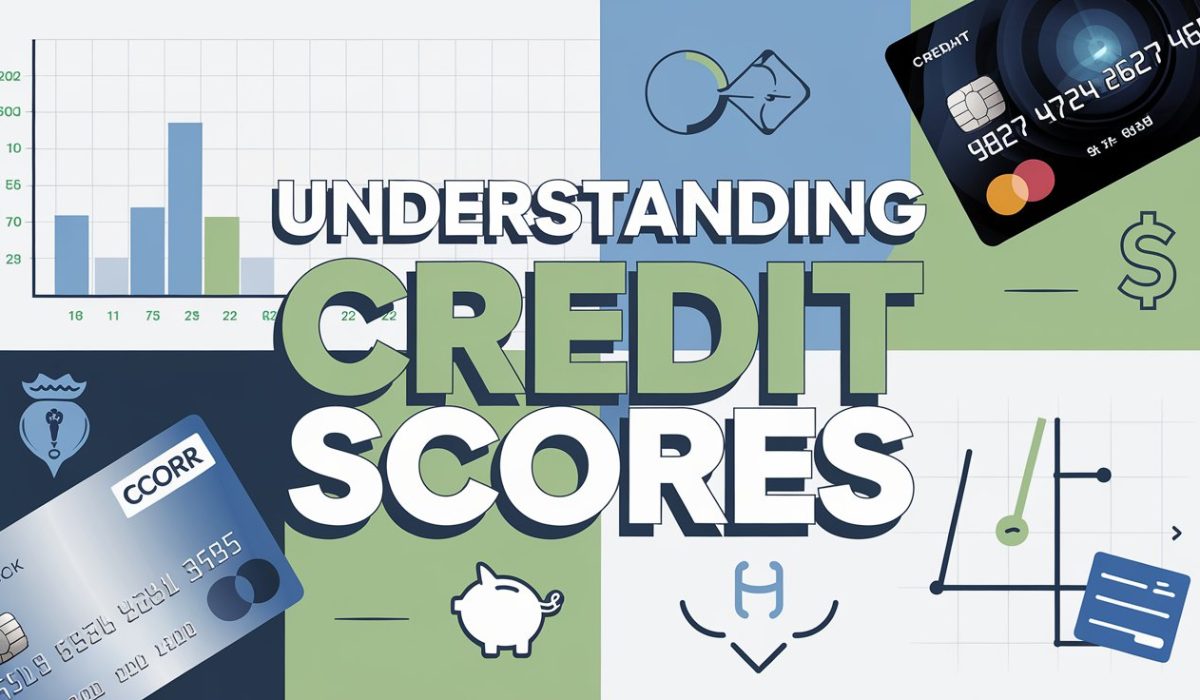Understanding Credit Scores: What You Need to Know
Credit scores play a crucial role in your financial life. Whether you are applying for a loan, renting an apartment, or even getting a job, your credit score can impact many decisions. In this post, we will break down what credit scores are, how they are calculated, and why they matter.
What is a Credit Score?
A credit score is a three-digit number that reflects your creditworthiness. It ranges from 300 to 850, with higher scores indicating better credit. Lenders use this score to assess the risk of lending you money. Therefore, understanding your credit score is essential for managing your financial health.
Why Does Your Credit Score Matter?
Your credit score matters for several reasons. First, it influences your ability to secure loans or credit cards. For example, a higher score can lead to lower interest rates, saving you money over time. Additionally, landlords may check your credit score before renting an apartment. Thus, maintaining a good credit score is crucial.
How is a Credit Score Calculated?
Credit scores are calculated based on several factors. Here’s a breakdown of what goes into your score:
- Payment History (35%): This is the most significant factor. It shows whether you pay your bills on time. Late payments or defaults can significantly lower your score.
- Credit Utilization (30%): This refers to the amount of credit you are using compared to your total available credit. Ideally, keep your utilization below 30% to maintain a good score.
- Length of Credit History (15%): A longer credit history generally improves your score. This is why keeping older credit accounts open is beneficial.
- Types of Credit (10%): A mix of credit types, such as credit cards, mortgages, and installment loans, can positively impact your score.
- New Credit (10%): Opening several new credit accounts in a short period can lower your score, as it may indicate financial distress.
How to Improve Your Credit Score
Improving your credit score takes time, but it is possible. Here are some effective strategies:
- Pay Your Bills on Time: Set reminders or automate payments to ensure you never miss a due date.
- Reduce Your Credit Utilization: Try to pay down existing debt and avoid using too much of your available credit.
- Keep Old Accounts Open: Closing old accounts can shorten your credit history, so consider keeping them open even if you don’t use them.
- Limit New Applications: Only apply for new credit when necessary. Too many inquiries can hurt your score.
Checking Your Credit Score
It’s essential to monitor your credit score regularly. You can obtain a free credit report once a year from each of the three major credit bureaus: Experian, TransUnion, and Equifax. Additionally, many financial institutions and credit card companies offer free credit score tracking.
Conclusion
In conclusion, understanding your credit score is vital for your financial health. By knowing what it is, how it’s calculated, and how to improve it, you can take charge of your financial future. Remember, a good credit score opens doors to better financial opportunities. Start managing your credit wisely today.
